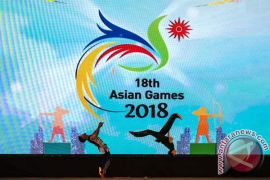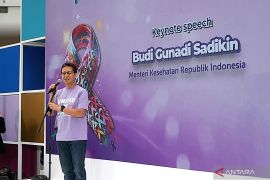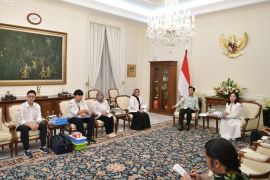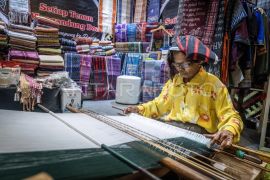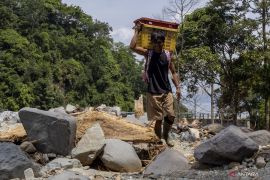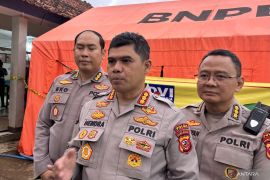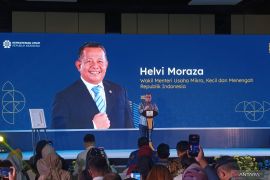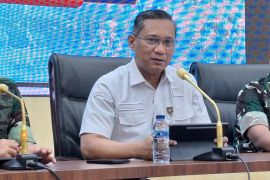Speaking at an event to mark the completion of the "gateway" station at Stratford, east London, Johnson said he would try by "hook or by crook" to get tickets for himself and his family.
"Obviously, it makes me even more keen to get re-elected and get there," Johnson said.
"I, like everybody else, am going to have another crack at it in July and if I fail then I am going to have another go in November."
People applying for tickets should have had the money drawn from their bank accounts by May 31, though they will not officially be told if they have been successful until June 24.
Seb Coe, chairman of the London organising committee (LOCOG), said he realised some people would be "bitterly disappointed" but defended the system as the fairest available.
Another possible unlucky applicant was Transport Secretary Philip Hammond, who said London had moved in less than 10 years from being one of the "laggards in international public transport connectivity to one of the world`s leaders."
London`s old and creaking transport infrastructure has been a recurring concern for the International Olympic Committee.
Stratford, which will handle close to half of all spectators to the nearby Olympic Park, has benefited from 125 million pounds of improvements.
Ten different rail routes will serve the station, helping treble passenger capacity to nearly 120,000 during the Games.
Its upgrade is part of a wider 6.5 billion pound transport upgrade across the country.
Organisers hope 2012 will be the first "public transport" Games with 100 percent of spectators travelling to events by public transport, bicycle or foot.
But a report by the London Assembly in April expressed concern about continued delays in upgrades to the London Underground Jubilee Line and failure to complete improvements to the Northern Line in time for the Games.
Hammond said he could not promise that with the additional hundreds and thousands of passengers there would be no disruption to normal travel patterns during the Games.
"Some people will need to think differently about how they travel, possibly working from home, shifting journey times or avoiding the capital at particularly busy times," he said.
(U.C003)
Editor: Priyambodo RH
Copyright © ANTARA 2011
